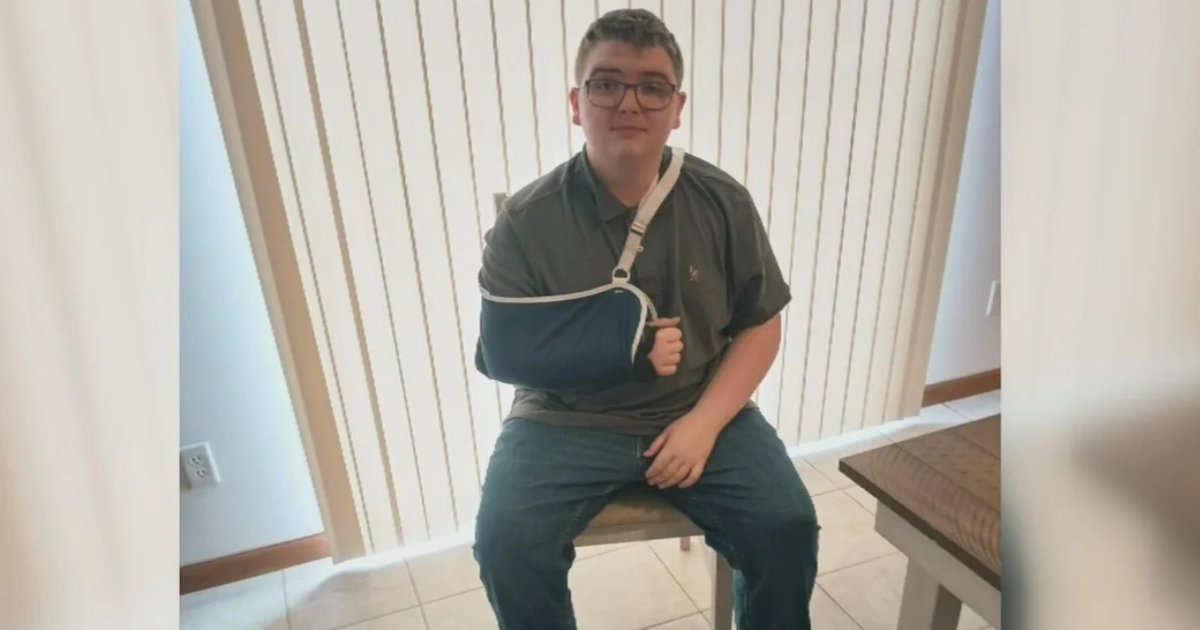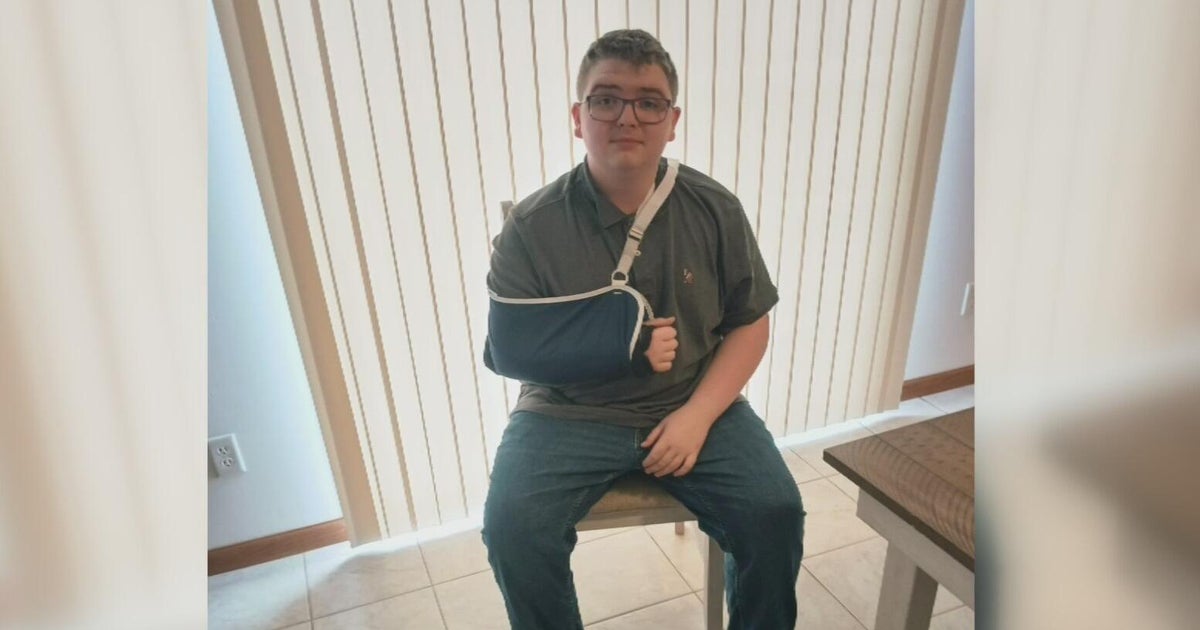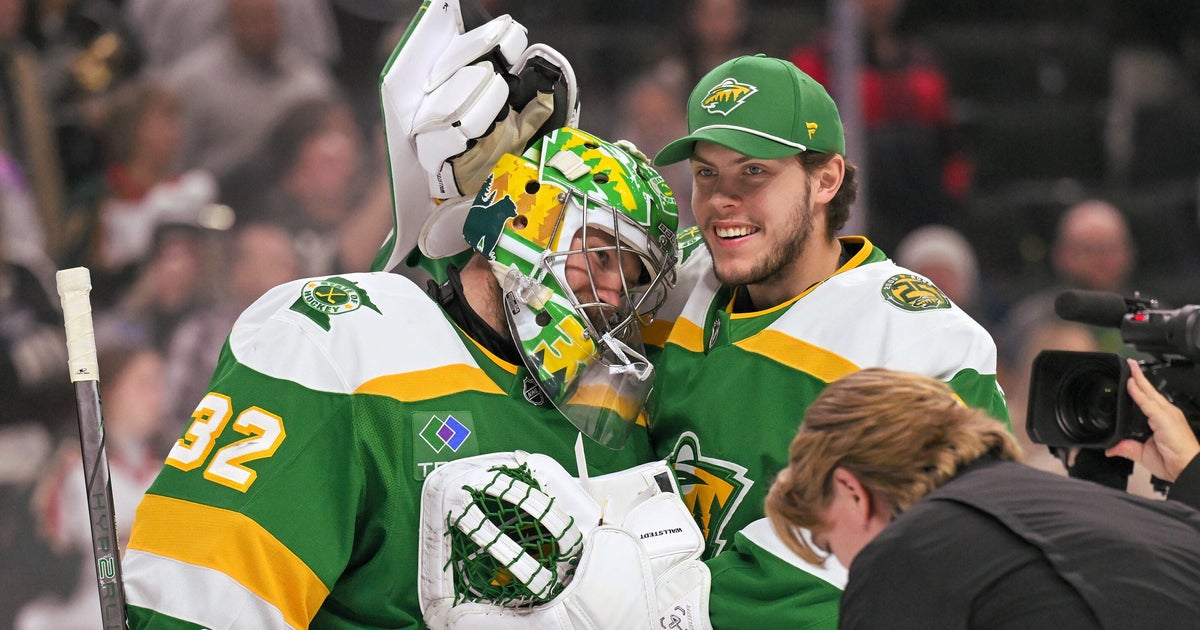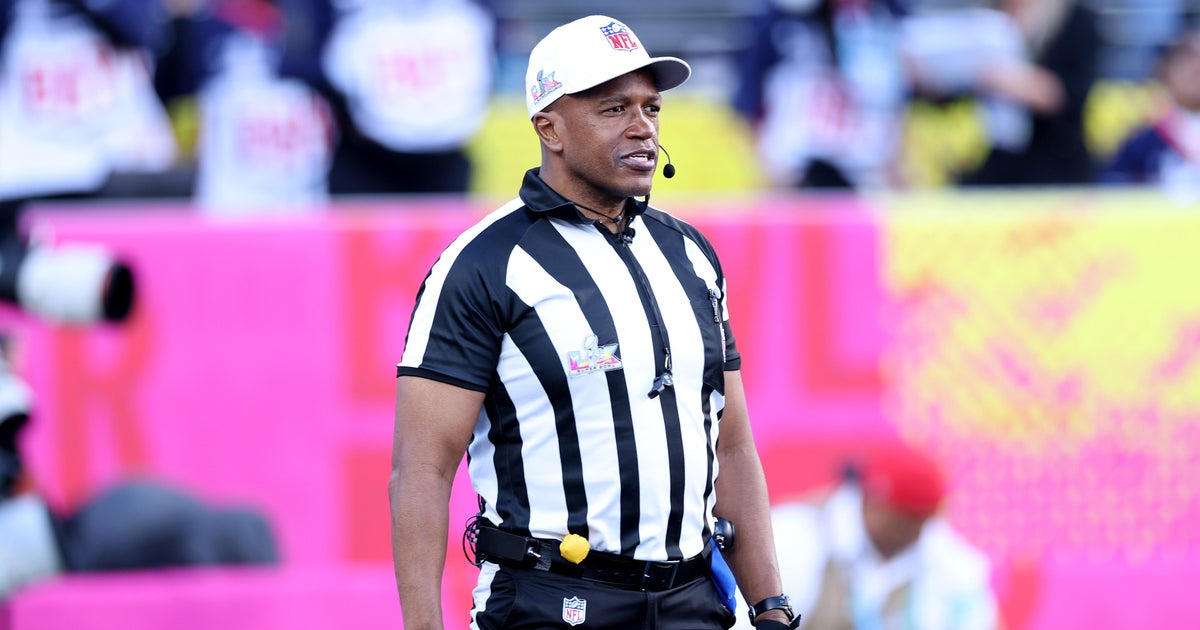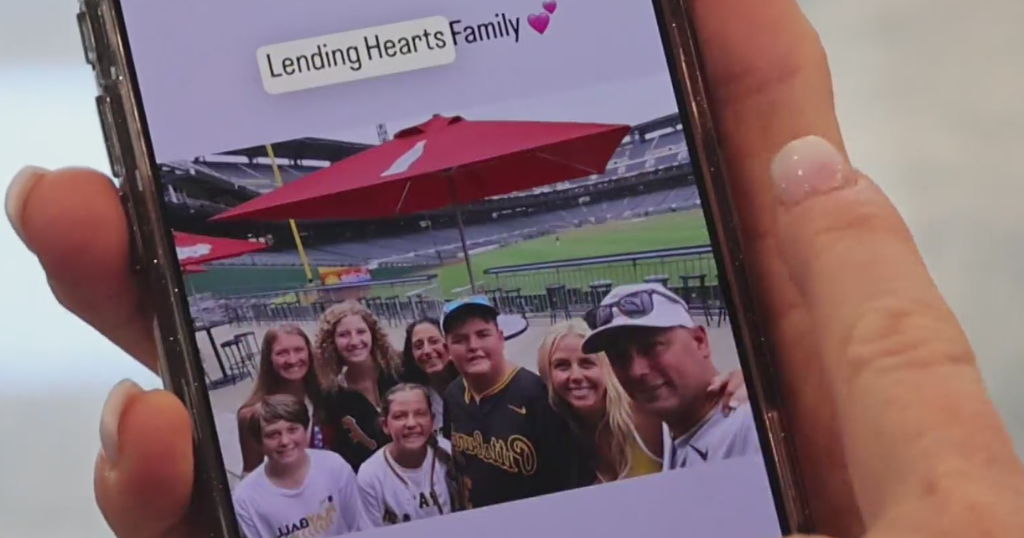Bernstein: Ailing McMahon Tells The Truth
Amid the joy of last weekend's 25th-year reunion of the 1985 Bears came some sobering stuff from former quarterback Jim McMahon.
He told the Tribune "My memory's pretty much gone. There are a lot of times when I walk into a room and forget why I walked in there. I'm going through some studies right now and I am going to do a brain scan. It's unfortunate what the game does to you. I've worked with some neurosurgeons, and it's a very serious thing, man."
Indeed. But equally significant was his understanding of the deal he made when he decided to pursue this line of work. He is not complaining, nor is he asking for pity.
"When you play a game like this, where the guys are this big and fast, unfortunately guys are gonna get hurt," he told Fred Mitchell. "We're all willing to take that risk. Beats the hell out of a regular job."
Leave it to McMahon to articulate my carefully-constructed position on head-injury risk and the NFL.
It's this: educate and inform, from the earliest levels. Football is very, very bad for you, with cumulative dangers unseen for years. Concussions draw attention, but doctors and scientists now believe the real damage is done by the thousands of seemingly-innocuous impacts that add up in every practice and game, creating a protein sludge that gums up neurons.
Once that information is provided, however, let them get out there and destroy each other for our amusement. These are not my kids. Other adults can then make risk judgments for themselves and their children.
I am against the radical changes proposed by Rick Telander, Bryant Gumbel and others that would turn football into something rugby-ish, removing facemasks or helmets altogether and/or limiting players' sizes.
McMahon agrees on this point, too. "Now, with the rule changes, it's ruining the game," he said. "This is a contact sport. These guys are getting fined for legal hits, and I think it's ridiculous."
It is possible that writer Malcom Gladwell is correct, when he predicts that "Football is going to turn into the Army – something middle-class parents don't want their kids to do." And that's fine.
The alternative is a watered-down game nobody wants to watch – not I, and, clearly, not McMahon.
His honest opinions stood out to me, because I have been accused, unfairly, of hypocrisy on this issue. Some cannot understand how I can care about the truth of brain trauma while relishing my full-throttle NFL Sundays.
Youth football, I admit, now bothers me. When I see local high-schoolers walking to and from practice carrying helmets and pads, I can't help but wonder what corrosive process has already begun inside their developing brains. The recent study by Purdue University scientists (showing cognitive erosion in even un-concussed HS players after just one season) was chilling.
But just as boxers decide to fight, players decide to play. As long as they, their parents and their coaches are informed and honest about what could happen to them, play on.
It is glorious to watch modern gladiators collide with purpose. Giants moving at impossible speed, graceful animals making split-second calculations of multiple vectors in explosive bursts, intricately programmed and working in unison, all while under the threat of bodily harm.
Let football be football. Don't be afraid to tell people what a great, terrible thing it is.
